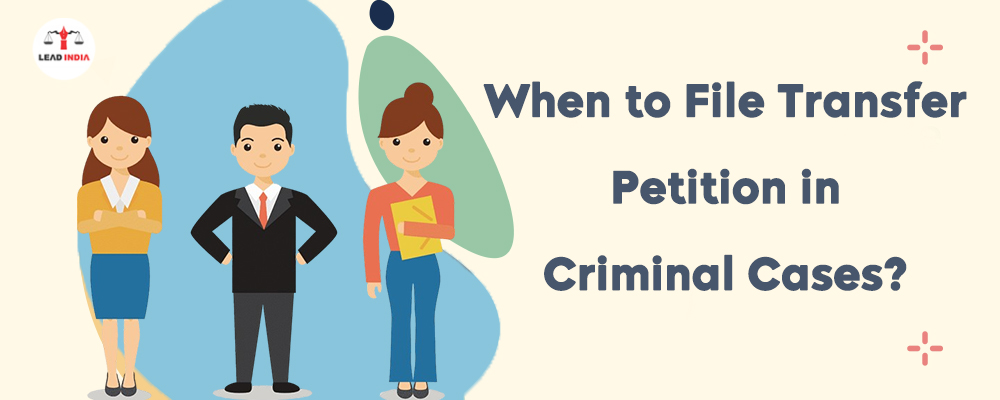In the Transfer Petition in Criminal Cases, the Supreme Court may receive a transfer petition. When a criminal matter needs to be transferred from one state court to another, the Hon’ble Supreme Court must be consulted. Section 406 of the Criminal Procedure Code 1973 governs criminal matters to be transferred from one court to the other court.
To move your case from one state to another, you may also easily submit a transfer petition with the Hon’ble Supreme Court under Section 406 of the Criminal Procedure Code 1973.
Section 406 of the Criminal Procedure Code: About
The Supreme Court has the authority to transfer cases and appeals at its discretion under Section 406 of the Criminal Procedure Code 1973. In order to protect the ideals of justice and natural justice, the Supreme Court may delegate any case or appeal to the High Court of any other State in the country by using its extensive discretionary authority.
The Supreme Court may receive an application for the transfer of a case or appeal that is pending in a High Court by:
- People who worry about unfairness during legal proceedings.
- People who think the court where the matter is presently being tried won’t provide them with fair justice.
- India’s Attorney General, also known as the Advocate General.
Need A Legal Advice
The internet is not a lawyer and neither are you. Talk to a real lawyer about your legal issue

Reasons to Transfer Petition in Criminal Cases
Suggestions from Higher-ranking Judges
When determining whether to transfer cases and appeals from one court to another, the courts take into account the investigations and conclusions provided by the reports conducted by higher-ranking judges, such as the Chief Judicial Magistrate or any sessions judge.
At the Trial Court’s Request
In cases when the court overseeing the case determines that the case falls outside its jurisdiction because it involves a significant legal question that is outside its jurisdictional reach. It could ask for the case to be transferred to a higher court.
Absence of Full Jurisdiction
The court’s authority to hear a case may be restricted in several circumstances. The court trying the case may choose to transfer it to the court with final jurisdiction to try the matter in cases involving shared or restricted juridical issues. This procedure guarantees that the parties in front of the court have received full justice.
Violation of Natural Justice Principles
Should a party bring evidence to the Supreme Court of persistent violations of natural justice principles by any court or judicial officer, the court may decide to transfer the case in order to protect the principles.
What is the Procedure for Transfer Petition in Criminal Cases?
Providing Reasons for the Transfer
The party requesting a transfer must provide the court with an affidavit outlining the reasons for the request, which must be in compliance with Section 297 of the Criminal Procedure Code 1973.
Execution of Bonds
Section 407(4) of CrPC states that the High Court may order the accused person to execute a bond, either with or without sureties, for the payment of any monetary compensation that the High Court may award in accordance with Section 407(7) of CrPC. This can happen when the accused person files a transfer application.
Notification to the Public Prosecutor
According to Section 407 (5), any accused individual wishing to request a transfer must notify the public prosecutor in writing of their request and include a copy of the basis for the request.
Decision on the Transfer Petition
No decision on the merits of the application may be made unless a minimum of twenty-four hours have passed between the notification and the hearing.
The type of trial or relief awarded to the parties to the lawsuit is unaffected by the transfer of cases. It is a system that guarantees justice is served to all parties. The Supreme Court, the High Court, and the Sessions Court are the three courts with the power to transfer criminal cases from one to another.
One can talk to a lawyer from Lead India for any kind of legal support. In India, free legal advice online can be obtained at Lead India. Along with receiving free legal advice online, one can also ask questions to the experts online free through Lead India.





 Talk to a Lawyer
Talk to a Lawyer